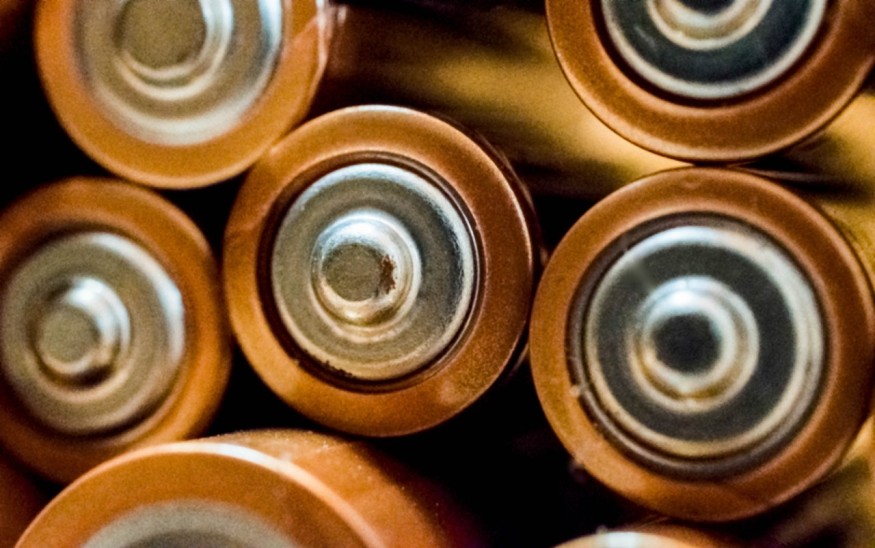One of the most dispensable items that humans heavily rely on is batteries. Thanks to its dispensability its become a problem in terms of keeping the planet green. As a solution, researchers developed a battery that runs on protein instead of lithium which has future implications of phasing out lithium-ion batteries.
The Problem with Lithium-Ion Batteries

Dry-cell batteries such as your typical AA, AAA, and D, lithium-ion batteries such as 9-volt, AA, C are the most common forms of batteries used in today's world. Americans annually purchase roughly 3 billion dry-cell batteries for everyday use on radios, toys, laptop computers, watches, and portable tools according to the University of Illinois.
With the boom of smart gadgets and electric vehicles, and an environmental and ethical problem arises. Few of the billions of batteries used annually get recycled. Many states require the recycling of lead-acid batteries where roughly 90% gets recycled. However, the most commonly used lithium-ion batteries are not.
The disposal of the batteries isn't the only problem. Mining for the minerals used in your everyday battery causes abundant harm to the environment.
ALSO READ : Engineers Devise Machines to Remove CO2 from the Air, Could Potentially Stop Climate Change
Eco-Friendly Green Protein Batteries are the Future
A study published by researchers from Texas A& M University on the journal Nature, entitled "Polypeptide organic radical batteries" suggests that a new biological battery that runs on proteins could be the key to solving the billions of battery problems. The newly designed batteries are non-toxic and use no metals which remove unnecessary mining damage to the environment. In addition, it degrades easily and can be recycled simply by dissolving in an acidic solution.
According to estimates, with the rising growth of batteries in the market, the world could soon face 15 million metric tons of discarded lit-ion batteries by 2030. And if business continues as usual, most of these batteries will end up in landfills.
In a press release, senior author Jodie Lutkenhaus from the Department of Chemistry at Texas A&M University explains that the rate of lithium-ion batteries getting recycled is still in the single digits today. Despite valuable materials inside these batteries, harvesting them can be difficult and require intensive energy.
Lutkenhaus with her colleagues' designed new battery chemistry from the ground up. Using proteins known as polypeptides researchers made two electrodes that pass electrons to and from each other during charging and decay.
The electrodes are stable during the operation of the battery. However, they will degrade on demand once submerged in an acidic solution that gives off amino acids and other building blocks of life, that can later be recycled to form new batteries.
The degradation process is benign to the batteries, which means whether these batteries are tossed in a landfill or in the environment they will harmlessly dissolve intuitively.
Protein-based green batteries are currently performing at 1/3rd as Lithium-ion batteries. However, the eco-friendly batteries' performance matches other popular metal-free batteries.
Researchers say that the newly developed eco-friendly protein batteries could be the first step to achieving sustainable batteries in the long run to achieve a circular economy that will benefit from polypeptide-based batteries.
RELATED ARTICLE : New Technology Utilizes Hybrid Concentration of Solar Heating and Radiative Cooling
Check out more news and information on Renewable Energy on Science Times.
© 2026 ScienceTimes.com All rights reserved. Do not reproduce without permission. The window to the world of Science Times.












